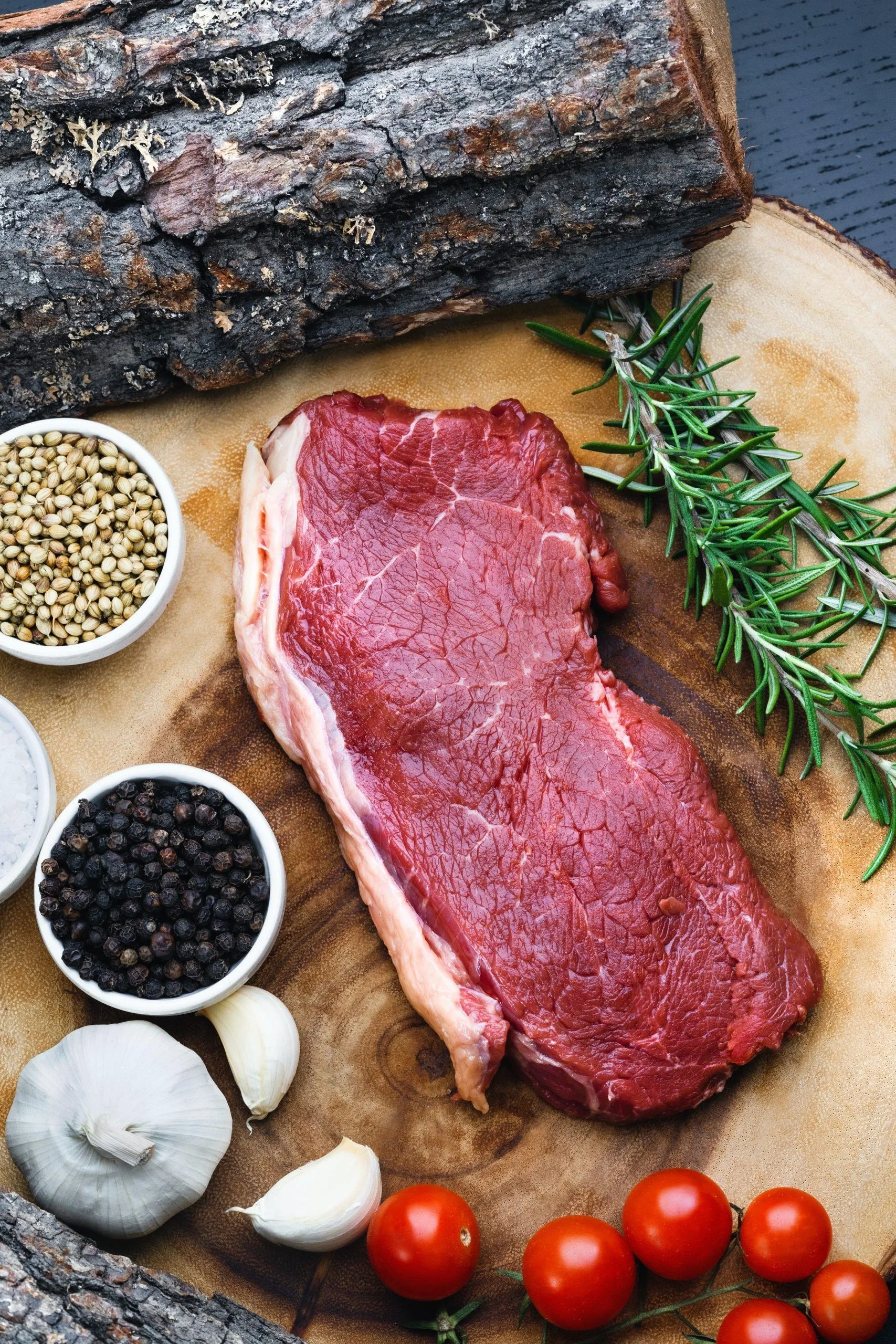What accounts for the trend of people adopting vegetarian or vegan diets seen in many countries around the world? The reasons, of course, vary per individual, but generally, break down into three categories. One: human health issues, two: environmental issues, and three: moral or ethical problems associated with eating meat.
Human Health Issues
In the case of the first reason, a significant amount of evidence has been released over the past decade or so highlighting the damage excessive meat consumption can cause to human health. It might shock some to hear, but the United Nations has actually classified some meats as “probably carcinogenic.”

Photo by Eiliv-Sonas Aceron on Unsplash
Environmental Issues
The second reason, environmental issues, is due to a growing awareness of how much factory farming and other methods we currently employ to raise animals for food are detrimental to the sustainability of our planet.
Especially with the population set to grow to perhaps as much as nine billion in just a few decades.
Moral Or Ethical Problems Associated With Eating Meat
The third reason, ethical or moral concerns, is very personal and varies considerably among each person who chooses to adopt a vegetarian or vegan diet for such reasons. A secondary question, however, also presents itself. With so many people moving towards vegetarianism or veganism, and evidence showing the health benefits to be found in reducing meat consumption, why is the demand for meat still soaring? Why aren’t more people moving into a vegetarian or vegan diet? There may be a wide variety of answers to this question but let’s address just one for now.
A Vegan Diet?
Humans have been eating meat for many thousands of years, and it is essentially part of our culture. Put simply: we like it. Most people around the world enjoy the flavors, smells, and texture of meat. Some visionaries have, however, made a lot of progress in bridging these two contrary positions. Plant-based meat is now significantly tastier. It’s also a lot more like real meat. The choices now available are also wider than ever before. Start-ups and major companies alike are now producing vegan steaks, vegan sausages, vegan kabobs, and a multitude of other plant-based meat options.
Finding Tasty Meat Alternatives
Some may ask if we really need to mimic the taste of meat? Shouldn’t we just try to move towards a vegetarian diet? Different people will come to different answers to this question, but as noted, giving up meat is not quite as easy as it sounds.
The people who create vegan meat understand this problem and are doing their best to produce solutions that can satisfy the cravings many people feel for meat.
While at the same time helping improve human health and make the planet a healthier place to live on for us and our descendants. Vegan meat producers understand that there is nothing wrong with liking the taste of meat, but they also believe that science and technology can provide an experience that comes incredibly close to the ‘real thing,’ without all of the negative side effects.
Eating Out

Photo by Eiliv-Sonas Aceron on Unsplash
In the past, one common complaint from meat eaters who sampled food at a vegetarian or vegan restaurant would be that the food “lacked flavor.” Thankfully, this is no longer the case, and there are many thousands of restaurants around the world serving high-grade vegan food. Many of these menu items use meat substitutes to provide whatever flavor element was previously missing. Perhaps it’s a crunchiness such as is found in bacon or a ‘meaty’ sensation that one gets from eating a steak. These things are being recreated with the aid of new developments in the technology of food. Companies can employ artificial intelligence and even 3D printers in the quest to make the best tasting “alternative” meat possible.
No Planet B
For vegetarians and vegans, this means more options – and more possibilities for dining with friends and family. For meat-eaters, this means more opportunities to set aside preconceived notions of what’s “tasty” and what’s not. Those who are open-minded may perhaps come to the conclusion that at least reducing their meat consumption is probably a good idea. We just don’t have enough space on this planet for all of the crops needed to grow food for animals, which are then turned into food. We don’t have enough water to supply all of the crops that need to be grown for the animals that need to be raised for food.
Conclusion
In short, the system is unsustainable and this fact is not disputed by many. But facts don’t always win the day. There is an emotional connection many people have with meat. Perhaps it harkens back to a childhood tradition or is part of a cultural festival or native experience. It’s difficult to make major changes. So, instead of trying to change everything in one seismic moment. High-tech meat substitutes can act as a guide to new possibilities… even the possibility that perhaps one day we won’t eat meat at all.

Photo by Alesia Kozik from Pexels
Main Photo Credit: Flying Dutchman Vegan Meat Hamburger by Redefine Meat.




![women [longevity live]](https://longevitylive.com/wp-content/uploads/2020/01/photo-of-women-walking-down-the-street-1116984-100x100.jpg)










